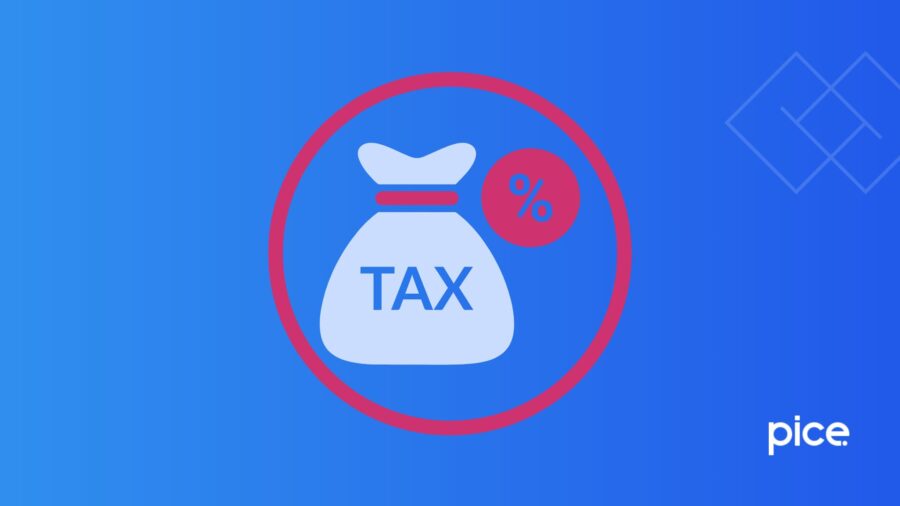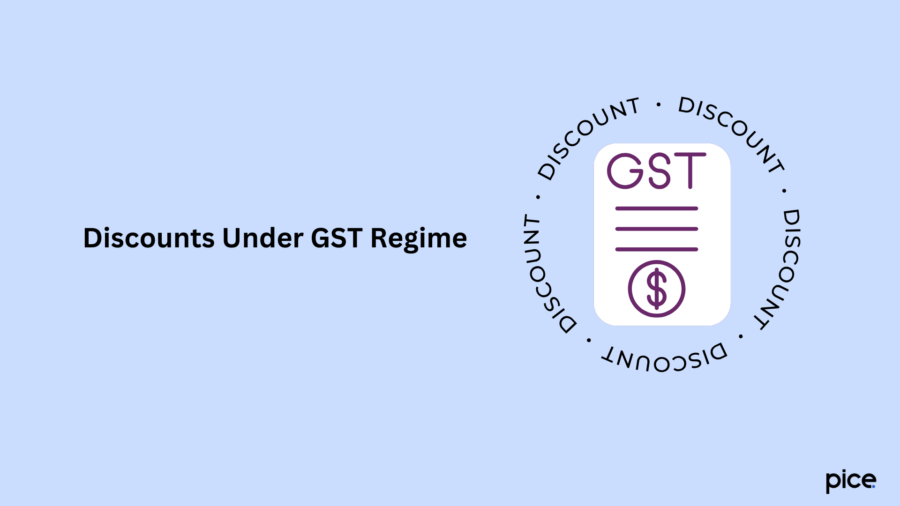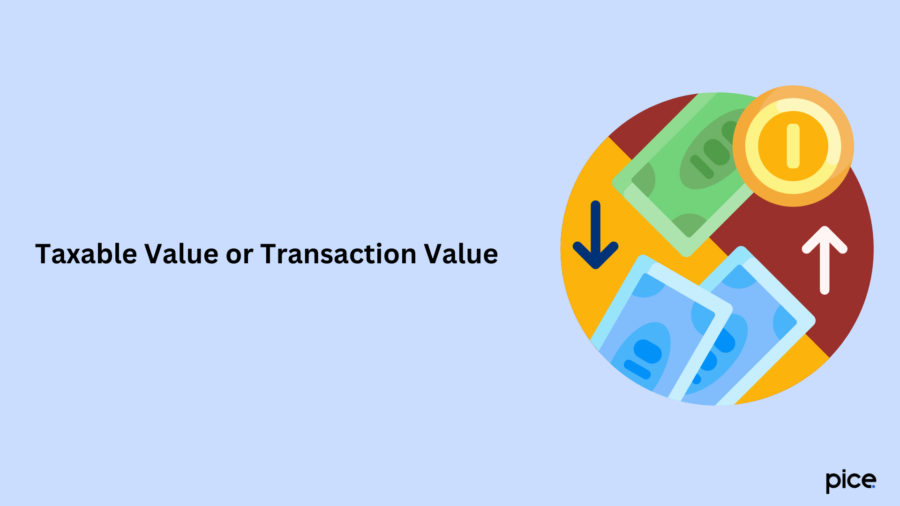Treatment of Discounts Under GST
- 21 Nov 24
- 10 mins

Treatment of Discounts Under GST
- Taxable Value or Transaction Value
- Let Us Understand the Concept of Discount in Terms of Two Categories
- Discounts That Are Allowed as a Deduction From the Value
- What Happens When a Discount Before Supply Is Given and It Is Known at the Time of Supply?
- What Happens When a Discount Is Given After Supply and It Is Not Known at the Time of Supply?
- Conclusion
Key Takeaways
- Pre-supply discounts reduce taxable value if mentioned in the invoice.
- Post-supply discounts require pre-agreement and ITC reversal to qualify.
- Unqualified discounts require commercial credit notes without GST impact.
- GST applies on net value only for discounts meeting Section 15 conditions.
- Proper documentation ensures compliance and GST liability reduction.
Determining the value of a taxable supply under GST is a critical task. One aspect that should be considered when determining the value under GST is the treatment of discounts.
There is much confusion among GST advisors and CAs in treating various GST on discounts received by a business. To resolve this, the CBIC issued a clarification through Circular number 105/24/2019 in which post-sale discount treatment has been discussed in detail. In this blog, we will walk you through the step-by-step treatment of discounts under GST.
Discounts Under GST Regime

Section 15 of the CGST Act, 2017 pertains to the provision of discounts in the post-GST era.
As per the official guidelines, a discount, if allowed on the face of the invoice, can be subtracted from the tax value of the supply of the goods. Alternatively, even if the discount isn't mentioned on the invoice, it can still be deducted from the tax value if the following conditions are satisfied:
Condition #1: Discount is allowed as per the terms of the complete agreement before supply. In simple words, both product and retailer have agreed to make a deal in which the discount is mentioned.
Condition #2: The discount is associated with a particular supply invoice.
Condition #3: The input tax credit charged towards the discount has been reversed by the consumer or recipient of the supply.
The output tax liability of suppliers would be reduced if the tax amount of discount for both parties is known before supply, i.e. when GST is not applied to the discount.
Furthermore, according to the provisions of the GST Act, there will be no distinction made between discounts granted in trade and cash transactions. If a discount is allowed either before or at the time of supply, and if it has been mentioned in the invoice separately, then it shall not be added to the value of supply.
Analysis of GST Implications on Different Discount Schemes
The Goods and Services Tax implications for various type of discount applicable vary based on the nature and timing of the discount. Here's a quick breakdown:
Pre-supply / In-bill Discounts
These coupon discounts are agreed upon at the time of purchase or before the time of supply and are thus mentioned in the invoice too.
- GST Implication: The value of supply is reduced by the amount of the discount before calculating GST. Consequently, GST is levied on the net value after the discount.
- Example: A laptop priced at ₹50,000 is sold with a 10% discount. For this transaction, the GST on discount is calculated on the reduced price of ₹45,000 as the discount is reflected in the invoice.
Post-Supply of Service or Product / Off-bill Discounts
Cash post sales discounts are extended after the supply has taken place, often as incentives based on performance or volume.
- GST Implication: If the purchase discounts are agreed at the time of supply but provided later (e.g., end-of-year discount), it can be deducted from the taxable value if:
- It is a special discount linked to the original invoice.
- There is a formal agreement in place regarding the discount.
- Input tax credit (ITC) has been reversed by the recipient for the corresponding discount portion.
- If not linked to the original supply or conditions are not met, the GST becomes payable on the full value without deduction of the discount.
- Example: A retailer gets a 5% discount after purchasing 100 units. GST remains payable on the original amount unless the discount was pre-agreed and ITC is reversed.
Cash/ Trade Discounts
Cash discounts are allowed against prompt payments or early settlement of an invoice.
- GST Implication: If the discount is mentioned in the original supply agreement and the invoice, the supplier can deduct the discount from the taxable value. However, if provided later without prior agreement, the taxable value remains unchanged, and GST applies to the full invoice amount.
- Example: An invoice of ₹20,000 offers a 2% discount for early payment. In this case, the GST is calculated at ₹19,600 if the discount is pre-agreed and noted on the invoice.
Seasonal Discounts
Suppliers provide seasonal discounts or bulk discounts during specific seasons or events to promote sales. The time of issuance of these discounts is before the purchase time or time of delivery.
- GST Implication: If the seasonal discount is there in the invoice, GST is calculated on the net value after the discount. Otherwise, post-supply discounts apply to a price reduction from the taxable value.
- Example: A store offers 20% off summer clothing priced at ₹2,000. As the GST regulations for seasonal discounts will apply, tax will be charged on ₹1,600, i.e., the discounted price.
Taxable Value or Transaction Value

As mandated by the law, a registered taxpayer is obligated to pay taxes on the actual invoice value. The government imposes a tax on the cost price agreed upon by the receiver of supplies and the producer, also referred to as a taxable value. 'Consideration Payable' is a formal term used in the GST Act to refer to this taxable value.
As per Section 15(2) of the GST Act, Taxable or Transaction value encompasses:
- Specific product or service taxes, fees or other levies, which are outside the CGST, SGST & IGST
- Amounts settled by the end consumers on behalf of the Supplier
- Interests, or late charges applicable for deferred payments
- Commission, Packaging, Loading and Unloading costs, as well as, transportation costs that the Supplier incurs before or at the time of delivering goods
Similarly, a transaction value/taxable value does not cover some aspects among which one major part is a discount on goods/services.
Let Us Understand the Concept of Discount in Terms of Two Categories
In India, the suppliers allow various types of discounts, like trade and cash, as well as the ones based on volume, performance, quantity, etc. These discounts are deducted from the net supply value or taxable value. As the cost price after tax deduction is considered to be the transaction value, the Council levies GST on this particular selling amount.
Nevertheless, you won’t see all supplier-provided discounts as deductions from the transaction value. Deductions are permitted only for transactions that meet the conditions outlined in Section 15(3) of the GST Act.
Discounts That Are Allowed as a Deduction From the Value
- GST Discounts Allowed Either Before or During the Time of Sale
These discounts have to be highlighted in an invoice separately. However, it is not included in the supply’s value. As the related invoices declare the discounts upfront, GST is levied on the gross amount.
Here’s a quick example: A company gives a 15% discount on selling products worth ₹500. For times when the company explicitly mentions the discount amount, i.e., ₹75 on the bill, the taxable value will be ₹425 (₹500 - ₹75).
- GST Discounts Allowed After Delivery of a Supply
Post-supply discounts are considered as deductions if the following criteria are met:
- Discount after supply is extended as per the mutually-agreed agreement between the supplier and the consumer, and the agreement was accepted at the time of supply.
- There are times when the recipient reverses the proportionate income tax credit. Here, the purchaser would have been able to claim input tax credit for the GST owed on the invoice's total amount. As a result, the supplier issues a financial credit note to the buyer for the discount, which the buyer will reverse.
When the above criteria aren’t met, the GST levy cannot be reduced for the supplier. Nevertheless, the supplier may generate a commercial credit note mentioning the discount value. For such instances, the buyer is not required to reverse any ITC.
What Happens When a Discount Before Supply Is Given and It Is Known at the Time of Supply?

Suppose there is a car dealer by the name ABC Limited. They sold a car model offering a 10% discount at ₹6.6 lakh. To encourage their customers for fast payments, the company promises an additional 5% discount if they pay the amount within 7 days.
In this case, the 10% discount will be included in the invoice, resulting in a subtraction of ₹66,000 in the net transaction amount. However, the 5% additional discount will not be considered, and the supplier cannot claim a reduction in GST liabilities against this amount as it is uncertain. However, later on, it may be attached to the particular tax invoice as a credit note. This will lead to a successful reduction of the net transactional value.
What Happens When a Discount Is Given After Supply and It Is Not Known at the Time of Supply?
Let us say the same ABC company allows a cash-back scheme where specifically all their vehicles sold in 2023 come with a flat discount of ₹20,000. This discount is notified and extended after the car has been delivered and has no explicit mention of the same in the invoice.
Thus, the supplier cannot claim a deduction from the transaction value. Under these discount terms, the recipient must reverse the input tax credit. Otherwise, the entity allowing discount after sale must raise a commercial credit note.
For this particular situation, GST on discount is treated as follows:
| Time of Discount | Can the supplier apply for a deduction from the transaction value? |
| Either preceding the time of supply or during the time of supply and the particulars are recorded in the invoice | Yes |
| Prior to or during the supply, the discount-related information was already known and thus can be linked with the relevant invoice | Yes |
| Discount or additional discount provided after the supply and was not known before or at the time of supply | No |
Conclusion
The treatment of GST on discount largely depends on the terms following which the rebate has been allowed. One of the sole considerations the GST Council goes through in this regard is whether the discount was mentioned during the transaction period. Based on this, the supplier can avail ITC against relevant transactions.
💡If you want to streamline your payment and make GST payments, consider using the PICE App. Explore the PICE App today and take your business to new heights.
 By
By 
















